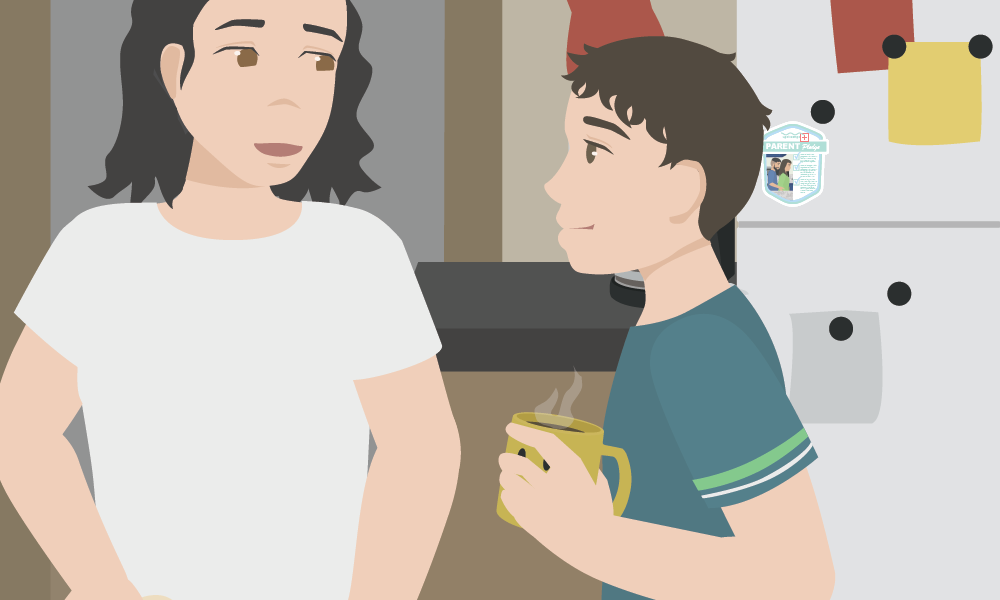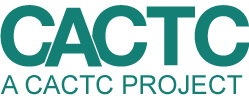As March marks Gambling Awareness Month, it’s important to acknowledge the issue of teenage gambling and its potential risks. As a parent, it can be difficult to recognize the signs of gambling in your teenager, but it’s crucial to be aware of the prevalence of this problem and its potential consequences.
Statistics show that gambling is becoming increasingly common among teenagers, with around 5% of teens, ages 12-17 years old, being classified as problem gamblers.2 Additionally, about 60-80% of teenagers have reported that they have gambled in the past year.2 These figures are concerning and suggest that more needs to be done to educate young people about the potential risks of gambling.
What exactly is gambling? Gambling is the act of wagering money or something of value on an uncertain outcome, usually in the hopes of winning more money or a prize.4 Common forms of gambling include casino games like blackjack and slot machines, sports betting, and lottery games.4 While some people gamble for fun and entertainment, others may develop a compulsion or addiction to gambling that can have serious negative consequences. It’s crucial to recognize that gambling is a form of risk-taking that can have both positive and negative outcomes and that it should be approached with caution and moderation.
It’s essential to understand that gambling can have serious negative consequences for teenagers. In addition to the obvious financial risks, gambling can also lead to mental health issues such as depression, anxiety, and addiction2. Studies have shown that teenagers who gamble are more likely to engage in other risky behaviors such as drinking and drug use.3
As a parent, there are several steps you can take to prevent your teenager from developing a gambling problem.
- Have open and honest communication with your child about the risks associated with gambling.
- Discuss potential financial consequences and negative impacts on mental health.
- Monitor your teenager’s activities and watch for any changes in behavior that could indicate a gambling problem. Signs may include spending more time online, being secretive, or showing signs of financial distress
If you suspect your teenager has a gambling problem, or if your teen wants to learn more about problem gambling, it’s important to seek places that can provide you with help and accurate information. In a recent youth survey in Cortland County, 27% of teens who responded felt as though they need more information on gambling.1 There are several resources available, including support groups, counseling services, and online resources. The New York Council on Problem Gambling (NYCPG) is a great place to start, as it has many resources available to learn more about problem gambling, and how to help.
As a parent, it’s vital to be aware of the potential risks and take proactive steps to prevent your child from developing a gambling problem. By having open and honest communication, monitoring your teenager’s activities, and seeking help when needed, you can help ensure that your child has a healthy and happy future.
References
- Cortland Area Communities That Care (CACTC). Results and Analysis: The 2022 Cortland County Youth Survey. https://www.cortlandareactc.org/publications. February 2023.
- High School Gambling Fact Sheet. (n.d.). Retrieved March 15, 2023, from https://www.ncpgambling.org/files/HS_Fact_Sheet.pdf
- Messerlian C, Byrne AM, Derevensky JL. Gambling, youth and the internet: should we be concerned? Can Child Adolesc Psychiatr Rev. 2004 Feb;13(1):3-6. PMID: 19030146; PMCID: PMC2533814.
- What is gambling: About gambling: For the public: Responsible gambling council. What Is Gambling | About Gambling | For the Public | Responsible Gambling Council. (n.d.). Retrieved March 15, 2023, from https://www.responsiblegambling.org/for-the-public/about-gambling/what-is-gambling/



